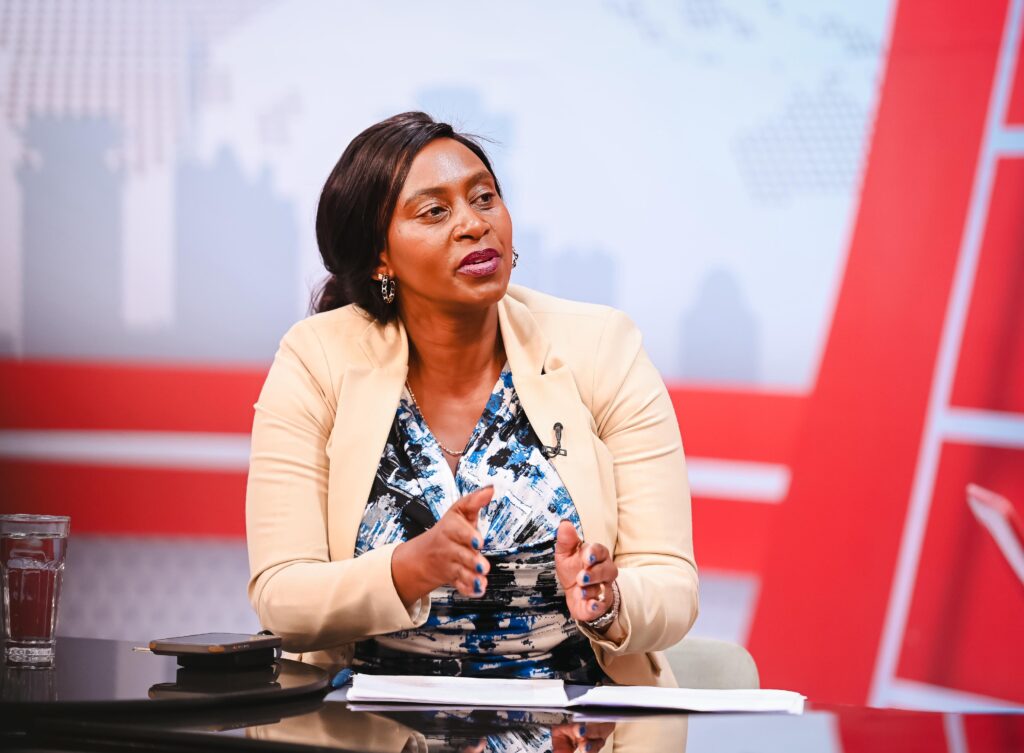In a televised interview aired on July 20, 2025, Principal Secretary for Public Health and Professional Standards Mary Muthoni Muriuki offered a candid appraisal of Kenya’s public health system. Looking back on roughly three years of the Kenya Kwanza administration and on her stewardship since May 2023, she said the sector is shifting from crisis‑driven response to long‑term reform built on equity, accountability, and closer partnership with devolved county governments.
Reform and service integration framed much of her discussion. The Ministry is working to translate national policy into practical county‑level delivery so that standards, financing flows, supplies, and workforce support reach primary facilities and referral hospitals alike. Sharper use of routine data, digital reporting, and performance scorecards is meant to expose inequities and direct corrective resources to underserved rural, arid, and informal‑settlement communities. Tackling recurring stock‑outs by tightening supply chains and improving procurement transparency remains a core priority.

Emergency preparedness featured prominently. Recent Mpox alerts and hard lessons from COVID‑19 have underscored the need for early detection, interoperable surveillance platforms, and reliable laboratory capacity that can surge during outbreaks. Misinformation continues to feed vaccine hesitancy; Muthoni urged the use of trusted local voices faith leaders, community health promoters, and civil‑society groupsto drive respectful, language‑appropriate engagement. Counties are being encouraged to maintain contingency plans, pre‑position essential supplies, and conduct regular simulation exercises.
Community health sits at the frontline of prevention and early care. The PS highlighted community health promoters who link households to clinics through immunisation follow‑up, maternal and newborn support, nutrition counselling, and health education. Sustained stipends, protective gear, transport support, and simple mobile reporting tools can strengthen motivation while feeding real‑time data back to facilities and planners. Integrated outreach that bundles WASH promotion, routine vaccination, and screening for non‑communicable diseases helps stretch limited resources.

Financing and quality assurance tie the agenda together. Reducing out‑of‑pocket spending through broader pooling, improved purchasing, and results‑linked transfers can protect households while rewarding performance. Standardised facility assessments, supportive supervision, and systematic capture of patient‑experience data aim to lift quality across all counties. Muthoni stressed that sustained progress depends on whole‑of‑society partnership: government, counties, private and faith‑based providers, development partners, and communities working toward a healthier, better‑prepared nation.
She signaled stakeholder consultations as the Ministry finalizes county performance compacts and emergency response financing, promising public updates as reforms move from policy to results.

